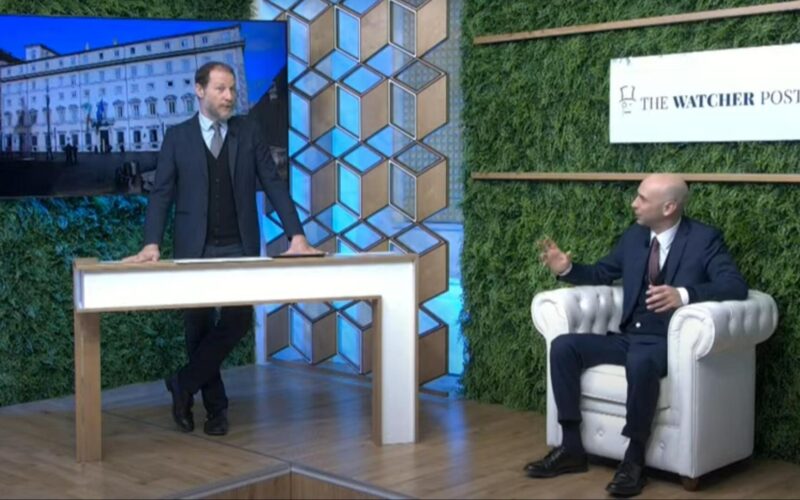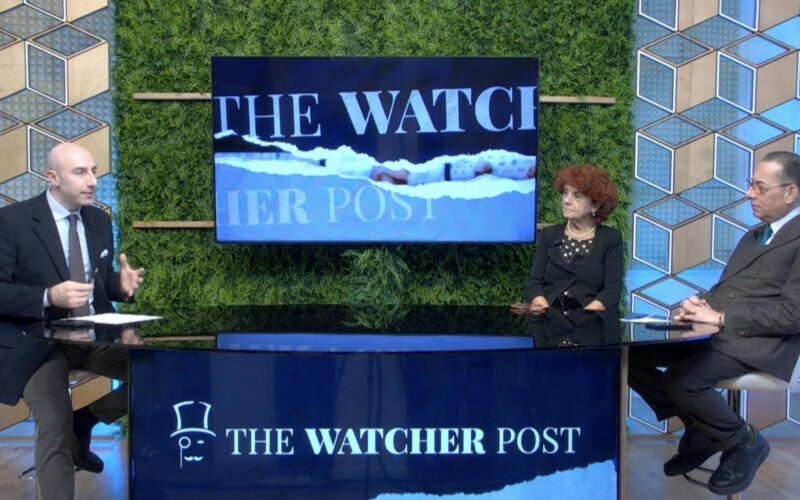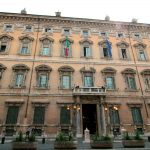Place Lux
Foreign Affairs Council discusses emerging challenges and fostering defence cooperation
Di Sara Bellucci
Foreign Affairs ministers convened in Brussels to discuss recent global developments. On November 13, the Foreign Affairs ministers from the EU27 countries engaged in conversations covering the situations in the Middle East, Ukraine, and Armenia and climate diplomacy.
While acknowledging the Israel’s right to defend itself in line with international law and international humanitarian law, the Council joined the calls for guaranteeing humanitarian access and aid made by President Ursula von del Leyen and President Charles Michel, who took part in the International Humanitarian Conference for Gaza’s Civilian Population held in Paris on 9 November.
Commissioner for Crisis Management, Janez Lenarčič, who is coordinating the EU humanitarian air bridge flights, provided an overview of the dramatic situation in Gaza, emphasizing the need for additional crossing routes to alleviate the crisis. Ministers asked for the release of hostages and urged to allow the Red Cross to provide assistance. Discussions also focused on preventing escalation in the region, particularly concerning Hezbollah on the Israeli-Lebanese border, and promoting a longer-term solution to guarantee stability and a sustainable peace for Palestine, Israel, and the wider region.
Building a sustainable peace and guaranteeing long-term stability for the region is also one of the main objectives of the Council’s deliberations about Ukraine. Following a briefing from Ukrainian Foreign Minister Dmytro Kuleba, ministers focused on EU military support and security commitments, especially through the establishment of the Ukraine Assistance Fund, which they aim to be operational as of 2024. These endeavors will be coupled by efforts to advocated for the Ukraine Peace Formula at the international level.
As more and more fronts of conflict get opened, EU minister felt the urge to discuss also the mass displacement of over 100 000 Karabakh Armenians following Azerbaijan’s military operation in Nagorno-Karabakh on 19-20 September 2023. The Council will in the following meeting examine the possibility to provide military and political support to Armenia. The Armenian Foreign Minister will be invited to join in the margins of one of the upcoming Foreign Affairs Council.
Later, COP28 President-designate Sultan Al Jaber joined ministers for a discussion on climate diplomacy, emphasizing the EU’s commitment to addressing climate change despite geopolitical challenges. The Sultan had already met the EU Chief COP28 Negotiator, Commissioner Hoekstra, with whom agreed on the joint work to facilitate the highest possible ambition at this year’s UNFCCC conference.
After the Foreign Affairs Council, EU ministers met with Western Balkans counterparts to intensify engagement and address common security challenges, as foreign interference and cyber threats. High Representative Borrell reiterated the EU’s continued commitment to Western Balkans’ European future and emphasized the role of the newly launched Growth Plan as a tool to accelerate reforms and economic growth.
In a separate meeting the following day, ministers discussed more in details enhancing defense cooperation under the Permanent Structured Cooperation (PESCO). The Council recommended reversing the decline in defense research and technology spending, emphasizing joint procurement, and called for a collaborative European approach to address capability gaps. In addition, the Council encouraged participating member states to make further progress in the implementation of the 20 more binding commitments, with a view to fulfilling all of them by 2025. Together ministers also decided to launch of the PESCO Strategic Review was decided, aiming to shape the future of PESCO by the end of 2025.








